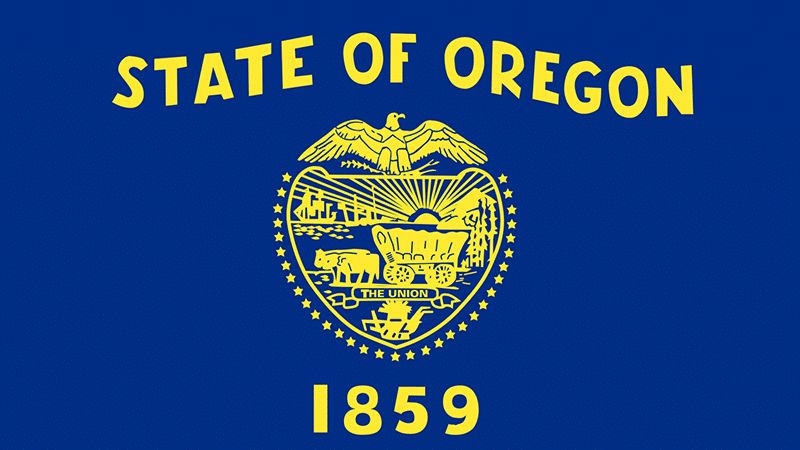The US state of Oregon has backtracked on its free-for-all approach to drugs amid rising criminality and a growing addiction crisis.
Under House Bill 4002, the possession of small amounts of drugs, including fentanyl and cocaine, will be recriminalised. However, controversially the Bill also bolsters the State’s ‘harm reduction’ policy.
Passed by lawmakers in Oregon’s lower house by 51 votes to seven, and endorsed by its Senate in a 21–8 vote, the Bill is expected to be signed into law by Oregon’s Democrat Governor Tina Kotek.
Bad choice
Since Oregon decriminalised the possession of hard drugs in 2020, opioid deaths have trebled, homelessness has risen by more than 20 per cent, and its largest city, Portland, has reported an upsurge in both petty and violent crime.
Backing the Bill, Senate Minority Leader Tim Knopp said: “We need to put a stake in the heart of the decriminalisation because it is not compassionate to say, ‘Drugs are a choice and it’s OK if you make that choice.’ It’s not OK.”
Announcing the change in direction, Senate Majority Leader Kate Lieber admitted that the approach taken was a “compromise path”, but claimed it was “the best policy that we can come up with to make sure that we are continuing to keep communities safe and save lives”.
Emergency
Last year, Governor Tina Kotek, Co-Chair of Portland City Task Force, urged State Congress to amend the law and restore police powers to prosecute those deemed to be drug dealers based on the amount of drugs they possess.
The group also recommended that the City of Portland – the State capital – declare a 90-day “fentanyl emergency”.
Kotek stated: “When it comes to open-air drug use, nobody wants to see that. We need different tools to send the message that that is not acceptable behaviour.”
In September, officials in Scotland approved the introduction of a Glasgow drug room where addicts can inject themselves without fear of arrest. Once open, it will be the first prosecution-free drug zone in the UK.

Citizens’ Assembly recommends Oireachtas ‘decriminalise harmful drugs’
British Columbia’s top court endorses drug use near playgrounds

